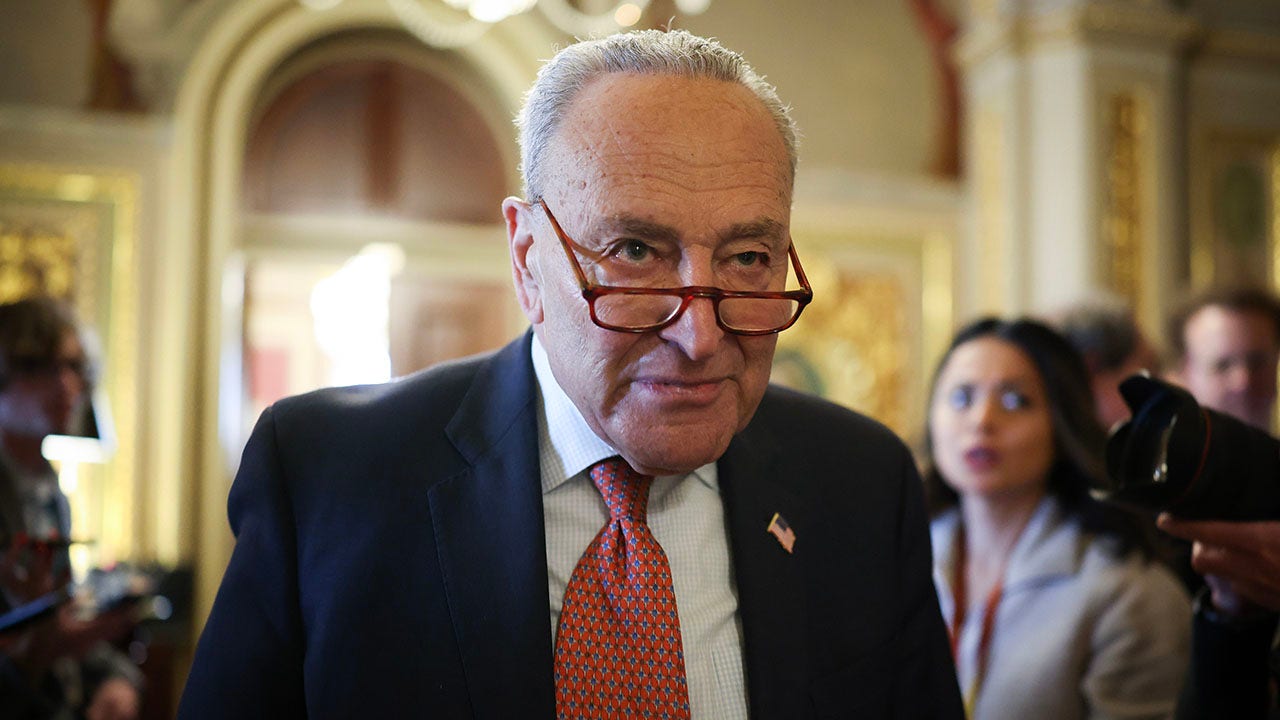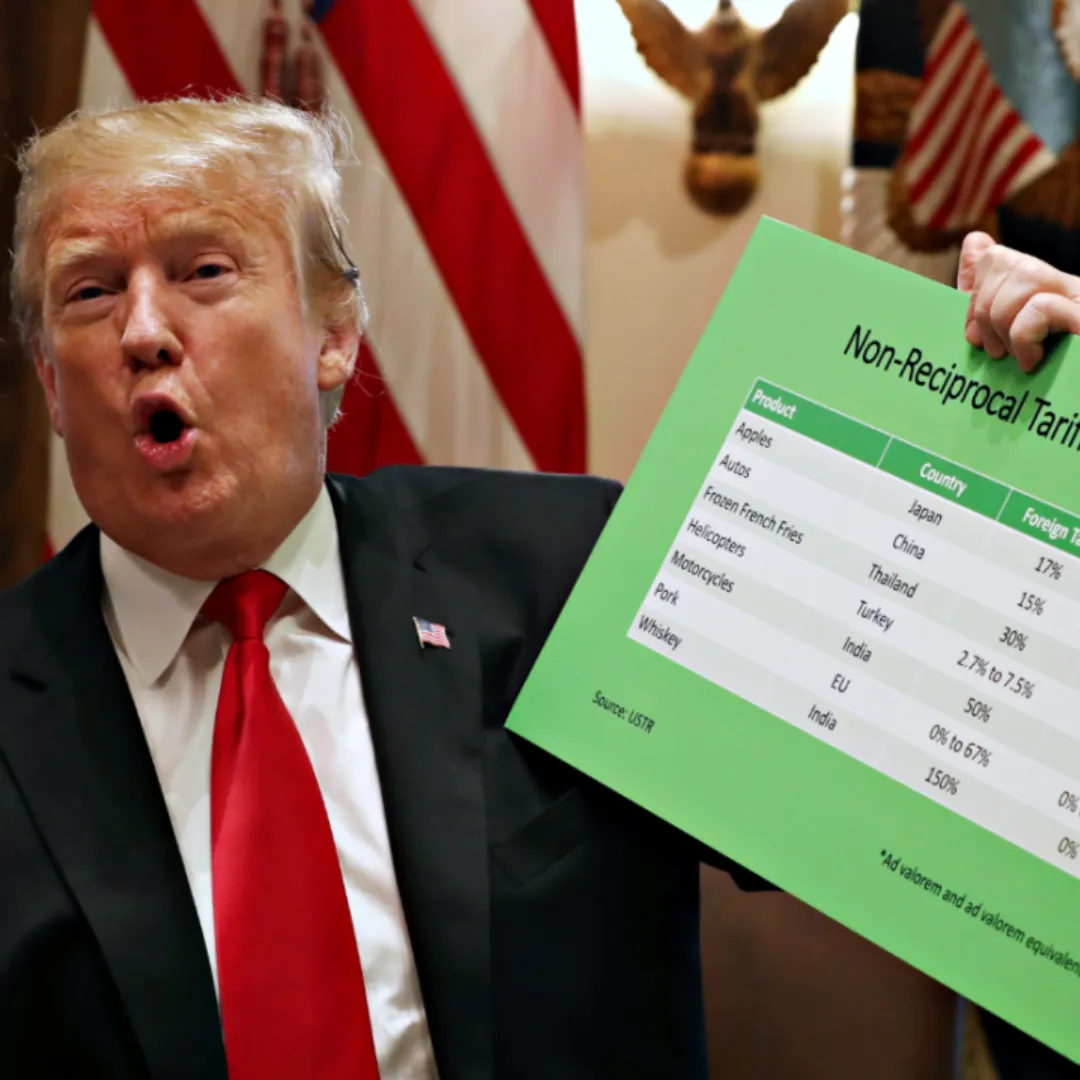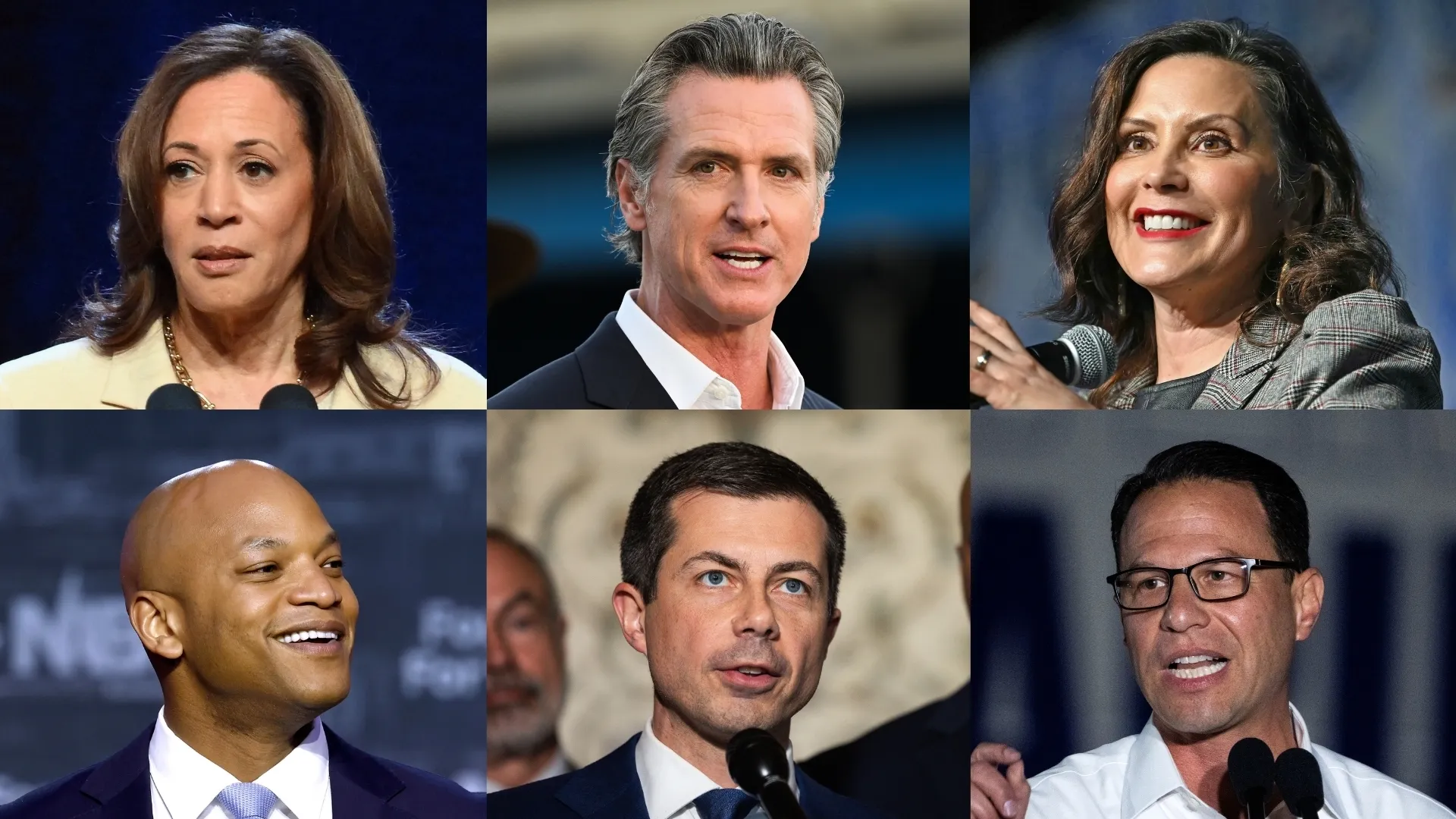
The political landscape on Capitol Hill is abuzz as Senate Minority Leader Chuck Schumer faces fierce criticism from his own party following his support for a Republican-backed short-term government funding bill. Despite mounting pressure from progressive Democrats and calls for his resignation, Schumer has stood firm in his position, asserting that he will not relinquish his leadership role.
Schumer’s decision to vote for the Republican measure, which included provisions for increased defense spending and significant cuts to non-defense spending, has sparked outrage among his Democratic colleagues.
The bill, which passed with the support of nine Senate Democrats, grants President Donald Trump extensive discretion over the allocation of funds, something that has led many within the Democratic Party to question Schumer's commitment to progressive values.
In an exclusive interview with NBC's Kristen Welker that aired Sunday on "Meet the Press," Schumer was adamant that he would not step down, regardless of the criticism coming from his party. "I’m not stepping down," Schumer declared, resolute in his stance despite the backlash.
He maintained that his vote for the bill was a necessary compromise to avoid a government shutdown, a move that some Democrats view as a betrayal of their core principles.
For Schumer, the decision to support the Republican funding bill was rooted in the belief that the alternative—allowing the government to shut down—would have catastrophic consequences.
“A shutdown would be 15 or 20 times worse,” Schumer argued. “Under a shutdown, the Executive Branch has sole power to determine what is, quote, 'essential.' And they can determine without any court supervision. The courts have ruled it’s solely up to the executive what to shut down.”
Schumer’s comments reflect his concern that a government shutdown could lead to devastating cuts in vital services, including food assistance for children and families, mass transit, Medicaid, Social Security, and veterans’ benefits.

Schumer’s remarks highlight the gravity of the situation, but they have done little to quell the anger within his party. Representative Glenn Ivey, a Democrat from Maryland, was one of the first to publicly call for Schumer’s resignation following his vote.
During a town hall on Tuesday, Ivey expressed respect for Schumer’s long career in the Senate, but he made it clear that he believed it was time for a change in leadership. “I respect Chuck Schumer,” Ivey said, “but I’m afraid that it may be time for the Senate Democrats to get a new leader.”
The call for Schumer’s resignation has not been limited to House members. Senator Elizabeth Warren, a prominent progressive voice within the Senate, voiced her displeasure with Schumer’s decision to capitulate to Trump’s demands.
“Schumer was wrong to do that,” Warren stated, further fueling the fire within the Democratic caucus. Warren’s comments reflect the growing frustration among the party’s progressive wing, which has increasingly criticized Schumer’s leadership as being too accommodating to Republicans.
While no senators have yet publicly called for Schumer to step aside, his vote has drawn sharp criticism from many quarters. Senator Bernie Sanders, another influential figure in the party’s progressive wing, argued that the issue went beyond Schumer’s individual actions and reflected deeper problems within the Democratic Party.
“In the Democratic Party, you’ve got a party that is heavily dominated by the billionaire class, run by consultants who are way out of touch with reality,” Sanders remarked. “The Democratic Party has virtually no grassroots support.”
This criticism from high-profile Democrats comes at a time when the party is grappling with its direction in the lead-up to the 2024 elections. Schumer’s vote for the Republican funding bill, which included a significant increase in defense spending, has left many Democrats feeling that their party is not sufficiently committed to addressing the needs of working people.

Sanders and Representative Alexandria Ocasio-Cortez, both of whom have become standard-bearers for the party’s progressive wing, recently held a rally in Denver that drew a crowd of nearly 34,000 people. The rally underscored the growing divide within the party and the push for a more progressive agenda that Schumer’s vote on the funding bill seemed to contradict.
Schumer’s decision to support the funding bill also led to a public backlash, with progressive groups expressing their dissatisfaction with his actions. Some of these groups have signaled that they may challenge Schumer in a primary, a move that could significantly shake up the political calculus in the Senate.
Schumer, however, remains defiant, arguing that the alternative—a government shutdown—would have been far more damaging to the country.
As the political fallout continues, Schumer’s vote has brought into sharp focus the ongoing struggle within the Democratic Party over its future direction. Schumer has acknowledged the party’s challenges, particularly in relation to the influence of wealthy donors and the growing power of corporate interests.
“Democracy is at risk,” Schumer admitted, noting the increasing concentration of wealth and power in the hands of a few billionaires, including Trump and Tesla CEO Elon Musk. Schumer has also voiced concern over Trump’s actions during his presidency, particularly the sweeping firings of federal workers and the dismantling of federal agencies such as USAID and the Department of Education.
Despite the criticism from within his own party, Schumer remains steadfast in his belief that he made the right call in voting for the Republican-backed funding bill. He has argued that the dangers of a government shutdown far outweigh the risks associated with the bill, which he described as “certainly bad.”
According to Schumer, the stakes are too high to allow the government to grind to a halt, as such a shutdown could have devastating consequences for millions of Americans who rely on government services.
Schumer also expressed concern over the potential consequences of a prolonged shutdown, which could drag on for months or even years under the leadership of figures like Trump and Musk. He warned that such a scenario could lead to the collapse of critical government programs and services, leaving millions of Americans vulnerable to economic hardship.

In response to Schumer’s actions, Speaker Emerita Nancy Pelosi, a longtime ally of Schumer, issued a rare public statement urging him not to support the funding bill. Pelosi argued that Schumer should have extracted more concessions from Republicans before agreeing to the legislation.
While Pelosi’s concerns were valid, Schumer countered by asserting that any attempt to negotiate with Republicans would have been met with outright rejection. “If Democrats had asked for things,” Schumer said, “Republicans just would have said no.”
As the controversy surrounding Schumer’s vote continues to unfold, the Senate Minority Leader has acknowledged the growing dissatisfaction within his party. However, he remains resolute in his belief that his actions were necessary to avert a crisis.
“We have to fight that back in every single way,” Schumer said, stressing the importance of preserving democratic institutions and protecting the interests of everyday Americans.
While Schumer’s leadership remains in question, it is clear that the battle over the future of the Democratic Party is far from over. With the 2024 elections on the horizon, Schumer’s actions may serve as a turning point in the ongoing debate over the party’s direction and priorities.
For now, the Senate Minority Leader remains entrenched in his position, vowing to continue fighting for what he believes is in the best interest of the country, regardless of the political costs.



